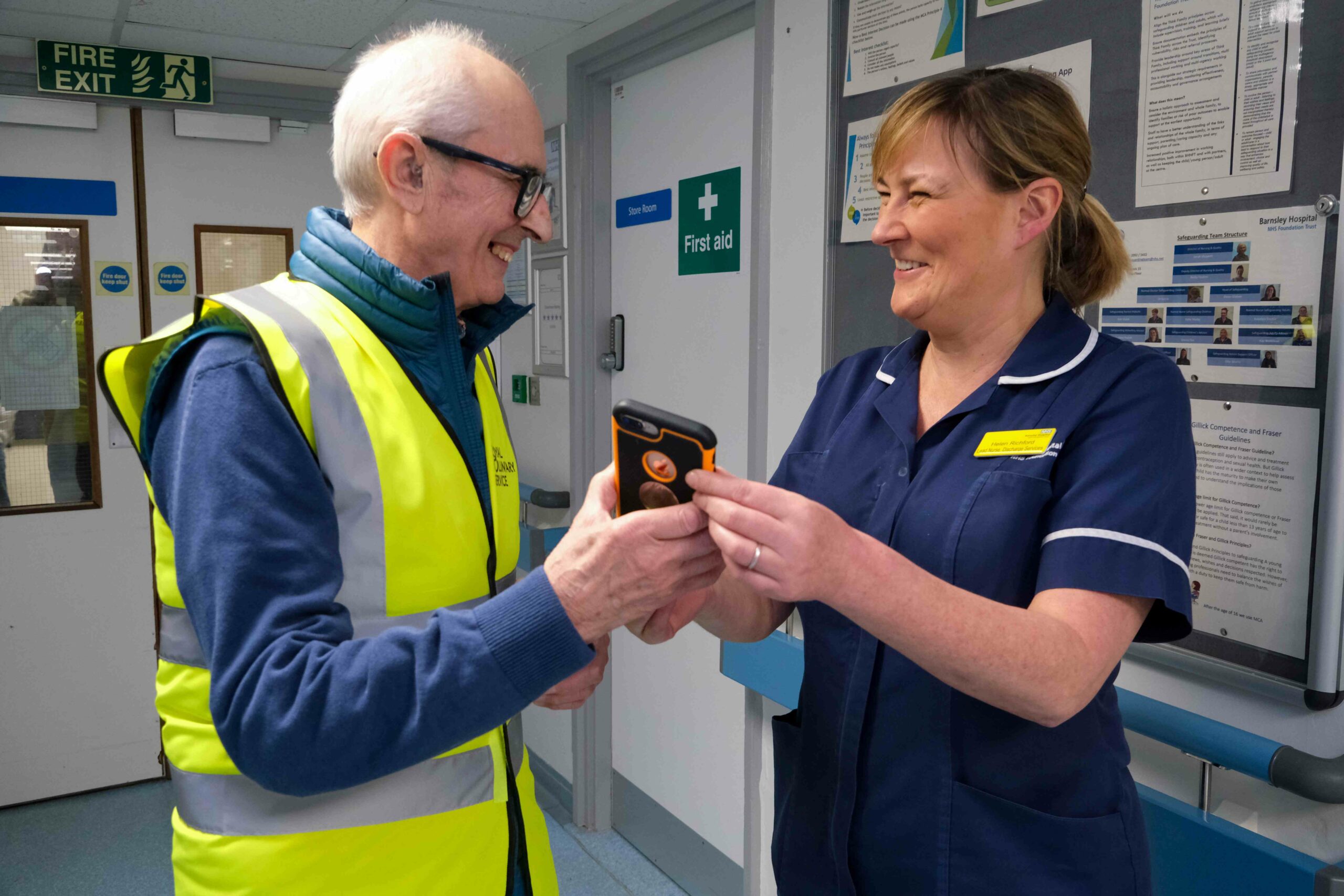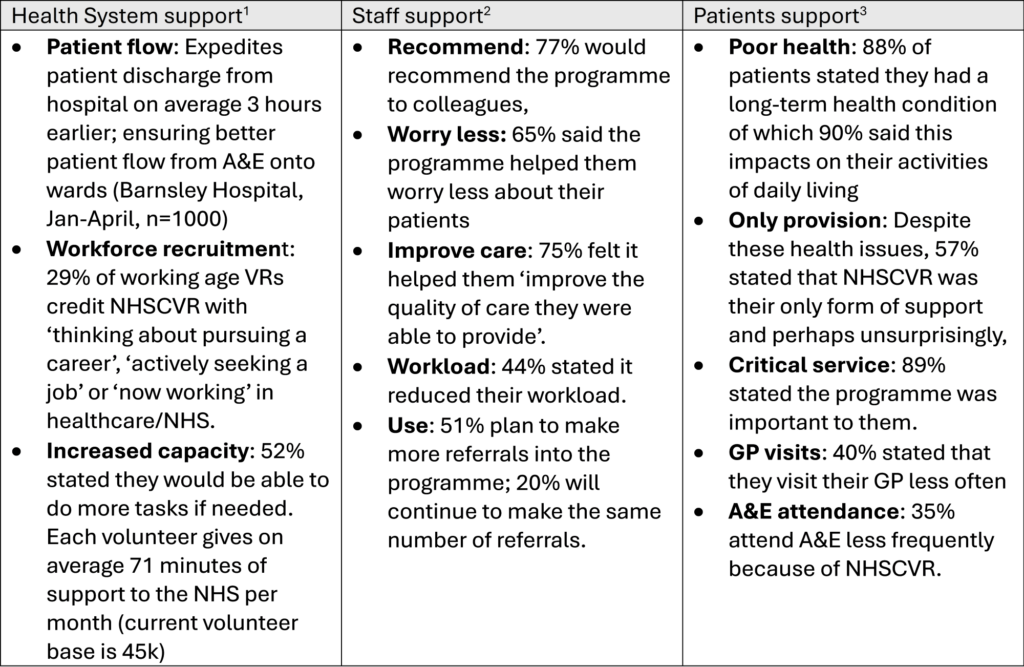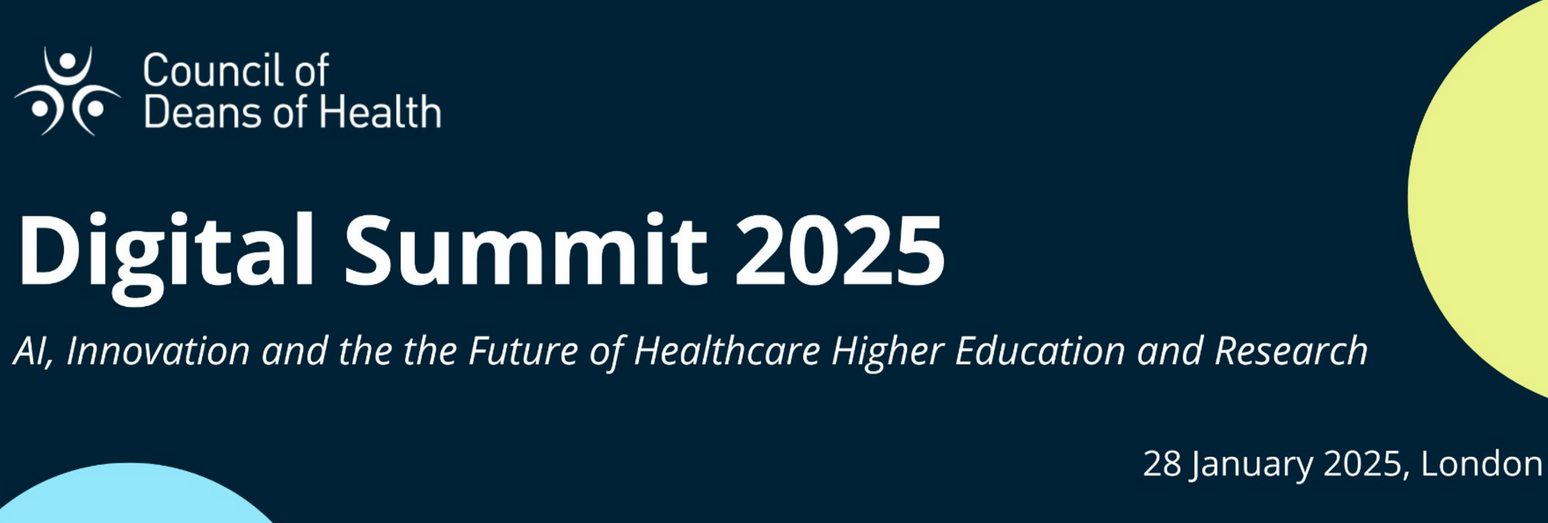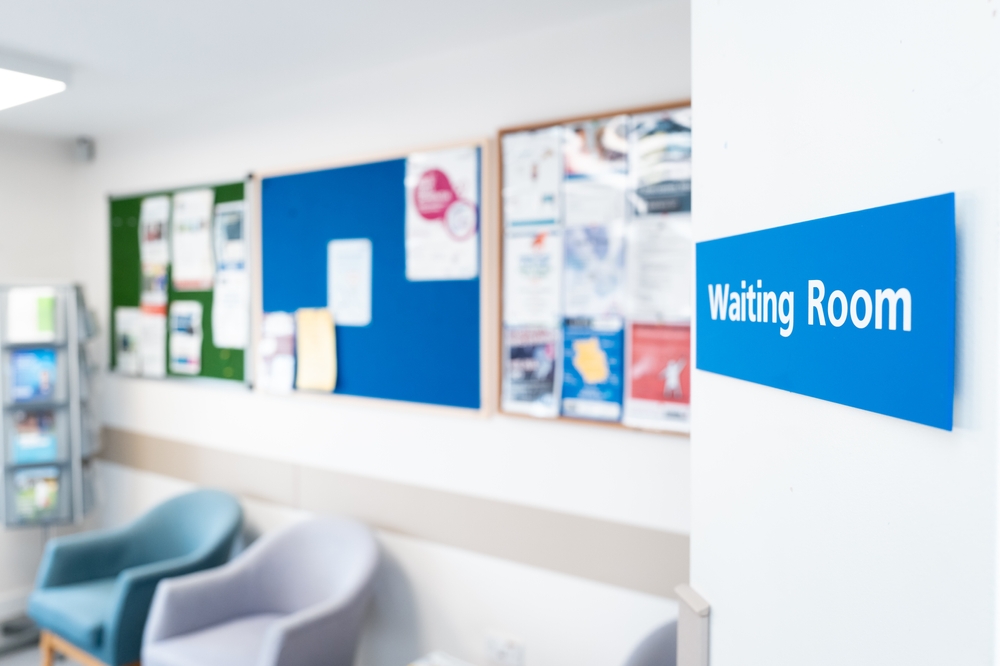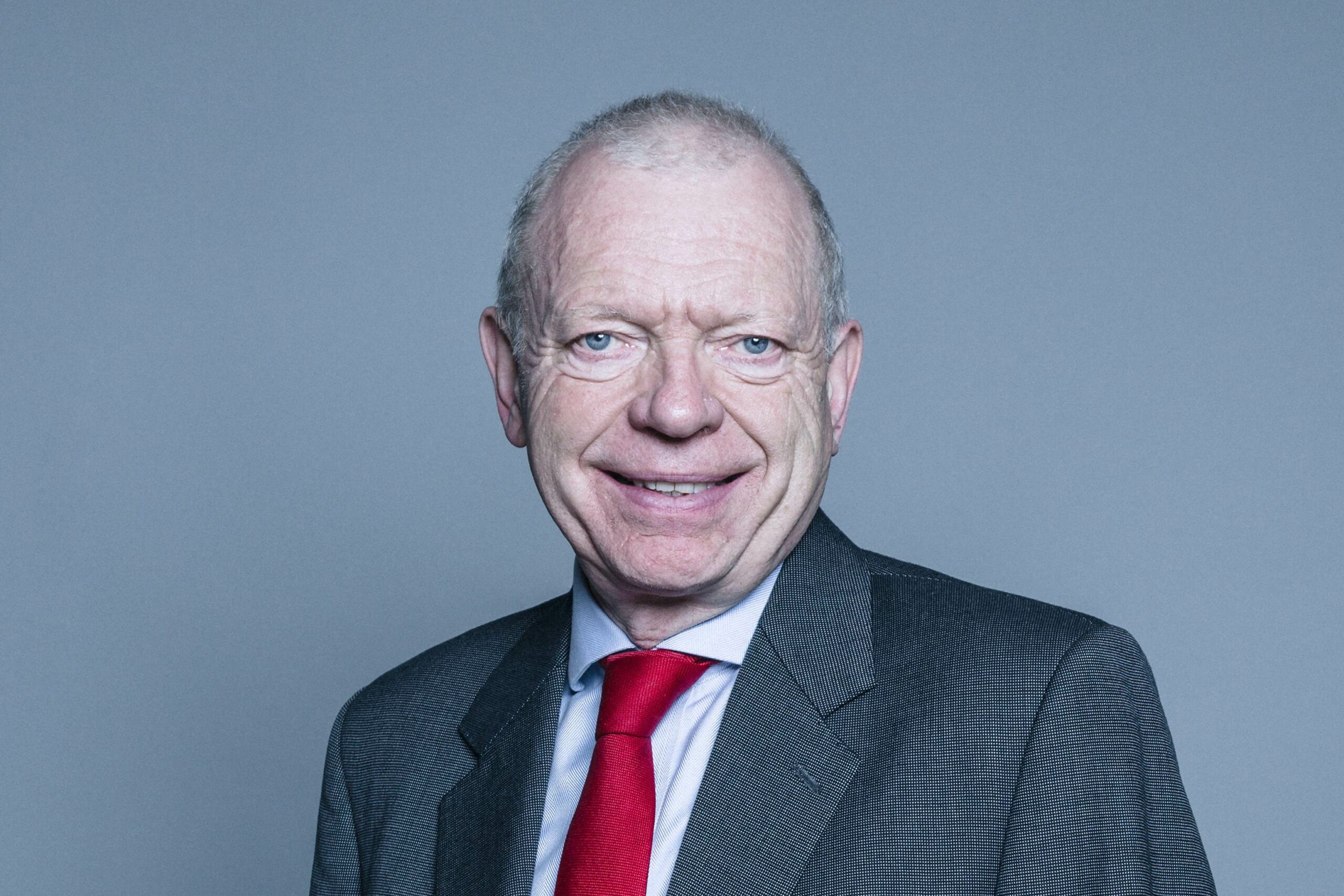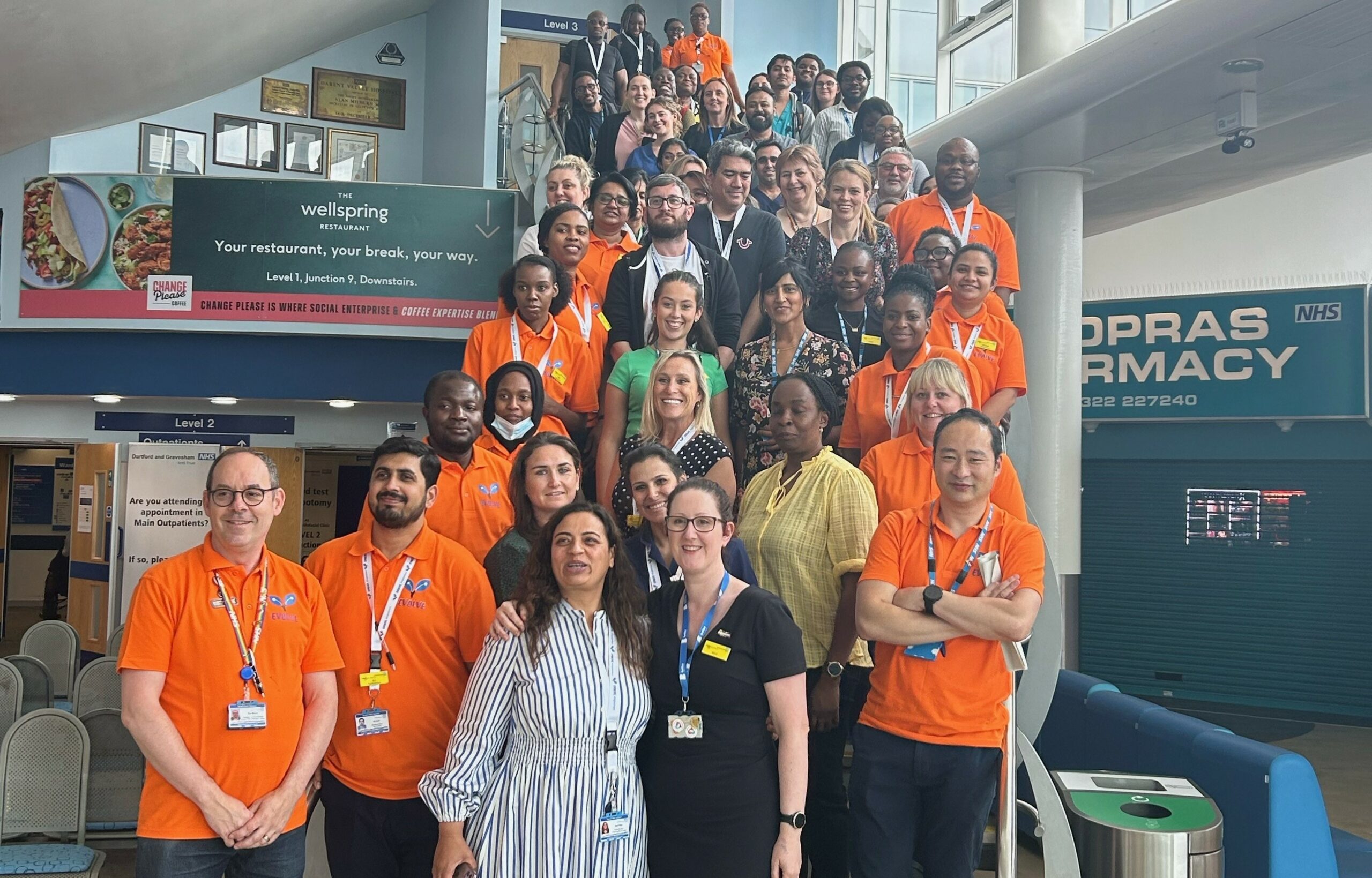Public Policy Projects’ (PPP) Ameneh Saatchi sat down with long-standing ally, the Rt Hon Lord Hunt of Kings Heath OBE, former President of the Royal Society for Public Health and newly appointed Minister for Energy Security and Net Zero. Having been an early and vocal supporter of PPP’s Wound Care Programme, Lord Hunt discussed with Saatchi how his campaigning has informed the mission to bring wound care reform up on the political agenda.
PPP is continuing its 2024 Wound Care Programme following a successful inaugural year. Their 2023 Insights Report, Going further for wound healing, was endorsed as “excellent” by Lord Hunt, who described it as “essential that Government and the NHS take note and act on the report’s recommendations.” With the new government working to enact its legislative agenda, we reflect on Lord Hunt’s desires for wound care reform and how PPP’s Wound Care Programme is facilitating the necessary discussions about how to build a consistent national experience of wound care.
Recently appointed Minister for Energy Security and Net Zero, Lord Hunt served as President of the Royal Society for Public Health from 2010 to 2018. In 2017, he put wound care on the parliamentary agenda when he called for a debate to ask the government for its plans “to develop a strategy for improving the standards of wound care in the NHS”. He continued his advocacy for wound care reform even after his presidential tenure at the Royal Society of Health, being an early supporter in the establishment of PPP’s Wound Care Programme.
Now in its second year, PPP’s Wound Care Programme is building on last year’s success, further challenging the status quo in wound care provision. Ahead of the Wound Care 2024 Conference, we look back at the conversation between the Director of PPP’s Wound Care Programme, Ameneh Saatchi, and Lord Hunt, discussing what is needed to secure political buy-in for wound care reform.
Need for political recognition
Having raised the issue of wound care in the House of Lords in 2017, Lord Hunt has since pushed for greater recognition of wound care from NHS leaders and policymakers. A lack of political will from the previous government has led to inaction in improving wound care provision.
“If ministers or the top of NHS England are convinced that dealing with wound care would be one of the ways to improve the efficiency and effectiveness of outcomes of the NHS, then they will devise the method by which you do it. But I don’t think there’s any evidence that they believe that”.
A focus for Lord Hunt in the run up to the general election was to elevate wound care on the political agenda. While Saatchi’s suggestion to establish an NHS England National Clinical Director for wound care is welcomed by Lord Hunt, he argues further that establishment of such a role “is less important than whether you have some political direction or direction from the top of NHS England” convinced of the need to tackle wound care.
The National Wound Care Strategy Programme was set up to provide such direction, though its continued operation is under fiscal scrutiny and buy-in from NHS leaders is required to act on its recommendations. Without such direction, insufficient attention is paid to how wound care is provided across the NHS, leading to major inefficiencies.
“The evidence is pretty convincing that we do a pretty poor job now, [and] that there is enormous cost to the NHS, because we don’t deal with wound care properly.”
The problems don’t necessarily lie in a lack of solutions; “we know what to do,” says Lord Hunt. Rather, he insists, it requires buy-in from government and the NHS to recognise the need to reform wound care.
‘Big spenders’ in health
Lord Darzi’s recent Independent Investigation of the National Health Service in England found that “the NHS budget is not being spent where it should be”. PPP’s Insights from 2023 Wound Care report was accepted as evidence by Lord Darzi. Wes Streeting has committed to being “honest about the problems the NHS faces and serious about fixing them”. Lord Hunt is conscious that the Health Secretary would likely welcome the identification of “a limited number of clinical areas where you could have a big impact on outcomes and finances”. Wound care, he argues, is just such an area.
Lord Hunt emphasises that “one of the ways to tackle some of the malaise in health is to tackle some of these ‘big spenders’ in health”. With 67 per cent of wound care expenditure spent on unhealed wounds, a focus on prevention and early intervention (echoing Labour’s desire for a “prevention first” approach) could make significant savings in costs avoided. Lord Darzi echoes Hunt’s sentiment that “that many of the measures needed to tackle the current malaise are already well known” and what is needed is implementation rather than invention.
By tackling particular clinical areas — with wound care seen by Lord Hunt as an obvious candidate — “in a cohesive way”, major savings can be made, simultaneously improving patient outcomes in a consistent manner across the country. Wound care is, in fact, an NHS ‘big spender’: it’s the third biggest clinical expense across the NHS, only after cancer and diabetes. Health economists have calculated that patient management cost for chronic wounds increased by 48 per cent in real terms between 2012/13 and 2017/18. Since wound care happens across systems (though predominantly in community settings), joined up working for integrated care could improve patient experiences and potentially streamline resource use.
Of the £8.3 billion spent by the NHS on wound management in 2017/18, 67 per cent was spent on managing unhealed wounds. The Prime Minister made it clear in his response to Lord Darzi’s investigation that there will be “no more money without reform”. If wounds are seen to quickly and treated according to standardised best practice, the need for longer and more complex treatment in future can be prevented. While only six per cent of NHS wound care expenditure goes towards treatment products, more than 70 per cent is associated with nurse, doctor, or healthcare assistant visits. Savings here would therefore be both fiscal and temporal, freeing up valuable workforce capacity.
Coalition-building
Wound care is currently, by virtue of affecting patients with a wide range of ailments, underrepresented in patient advocacy. Patients with chronic wounds can be found across health and care settings and are represented by many condition-specific charities. Yet, the lack of an overarching voice to represent wound care patients hinders efforts to bring about policy change. Lord Hunt notes that there is no all-party parliamentary group for wound care and sees the need for a “wound care alliance” representing the estimated 4.6 million people in the UK living with a wound, to rally political attention.
“Building an alliance is one way to get a better voice and also to get some outside external people, prominent external people to perhaps [come onto] the board of trustees or something like that.”
To elevate wound care on the political agenda, Lord Hunt envisages the need for “an alliance of charities looking at it from the point of view of the patient and their family, starting to ask questions about poor outcomes.” PPP is taking on Lord Hunt’s challenge, convening stakeholders to form a “wound care alliance” at its upcoming Wound Care Conference in London on 2 December.
Convening such stakeholders as the Queen’s Nursing Institute, the European Wound Management Association, the Society of Tissue Viability, the Royal College of Podiatry, the Lindsay Leg Club Foundation and more, the future of wound care is being discussed at PPP events with patients alongside. While it’s the patients that Lord Hunt wants to foreground, there are pertinent questions about “how much can be patient-led”.
With a myriad of “quite small charities that have usually been set up by relatives of people affected by a particular condition,” it can be hard to present a cohesive message reflective of diverse experiences. But these patients deserve a voice and should inform the future of wound care, given their lived experience.
The way forward for wound care action
Lord Hunt has been a wound care advocate for many years, and that is unlikely to change. Having “trod this territory some years ago,” he finds the lack of political progress “so frustrating”, but he is not one for giving up:
“The evidence, I think, is convincing, although the work that has been done over the years […] one should never sort of say you’ve ever completed the work. That work always needs updating.”
In Lord Hunt’s own words: “we know what to do”. With a new government in charge looking to rebuild an NHS classified as “broken” by Wes Streeting, there is a significant opportunity to not only save money by reforming wound care; reforming wound care can improve patient outcomes and transform peoples’ lives.
The way forward is clear and defined, as Lord Hunt points out. The political motivation should be obvious and apt for politicians to seize upon, with substantial opportunities for cost savings, improvement in clinical outcomes and patients’ quality of life identified. The potential returns on investment, both financial and social, could alleviate pressures in an NHS already overstretched, thereby supporting Wes Streeting’s mission to fix the “broken” NHS.
Prime Minister Sir Keir Starmer is keen to move health policy away from “sticking plaster politics” that implements short-term emergency measures to avoid the breakdown of the NHS, while neglecting the need for long-term reform. As anyone familiar with wound care will know, there’s more to it than a plaster. As the government implements its agenda for healthcare reform, wound care will (as a system-wide action area) need to be addressed.
PPP’s Wound Care programme brings together key stakeholders across the NHS, industry, charity and politics to advance the conversation on reform and innovation of wound care provision in the UK. Building on the foundation of a solid first year that identified the major obstacles, PPP is continuing to gather nuanced insights on possible futures for patients and healthcare providers alike.
On 2 December, PPP will be hosting an all-day Wound Care Conference in London, convening national health and care experts to discuss all aspects of wound care provision and forging a path forward for innovation and reform. Reflecting on the insights presented during the programme and facilitating conversations on the latest developments in UK wound care provision, it is a prime opportunity to gain a comprehensive understanding of sector developments.
Free to attend for NHS staff and other public sector workers, you can register for the conference here.
For further information about PPP’s Wound Care programme, please contact:
Director of Market Access & Policy – Ameneh Saatchi (ameneh.saatchi@publicpolicyprojects.com)
Programme Executive – Fredrik Matre (fredrik.matre@publicpolicyprojects.com)
